Sepinoud Azimi
CALF: A Conditionally Adaptive Loss Function to Mitigate Class-Imbalanced Segmentation
Apr 06, 2025



Abstract:Imbalanced datasets pose a considerable challenge in training deep learning (DL) models for medical diagnostics, particularly for segmentation tasks. Imbalance may be associated with annotation quality limited annotated datasets, rare cases, or small-scale regions of interest (ROIs). These conditions adversely affect model training and performance, leading to segmentation boundaries which deviate from the true ROIs. Traditional loss functions, such as Binary Cross Entropy, replicate annotation biases and limit model generalization. We propose a novel, statistically driven, conditionally adaptive loss function (CALF) tailored to accommodate the conditions of imbalanced datasets in DL training. It employs a data-driven methodology by estimating imbalance severity using statistical methods of skewness and kurtosis, then applies an appropriate transformation to balance the training dataset while preserving data heterogeneity. This transformative approach integrates a multifaceted process, encompassing preprocessing, dataset filtering, and dynamic loss selection to achieve optimal outcomes. We benchmark our method against conventional loss functions using qualitative and quantitative evaluations. Experiments using large-scale open-source datasets (i.e., UPENN-GBM, UCSF, LGG, and BraTS) validate our approach, demonstrating substantial segmentation improvements. Code availability: https://anonymous.4open.science/r/MICCAI-Submission-43F9/.
Kolmogorov-Arnold Networks and Evolutionary Game Theory for More Personalized Cancer Treatment
Jan 12, 2025Abstract:Personalized cancer treatment is revolutionizing oncology by leveraging precision medicine and advanced computational techniques to tailor therapies to individual patients. Despite its transformative potential, challenges such as limited generalizability, interpretability, and reproducibility of predictive models hinder its integration into clinical practice. Current methodologies often rely on black-box machine learning models, which, while accurate, lack the transparency needed for clinician trust and real-world application. This paper proposes the development of an innovative framework that bridges Kolmogorov-Arnold Networks (KANs) and Evolutionary Game Theory (EGT) to address these limitations. Inspired by the Kolmogorov-Arnold representation theorem, KANs offer interpretable, edge-based neural architectures capable of modeling complex biological systems with unprecedented adaptability. Their integration into the EGT framework enables dynamic modeling of cancer progression and treatment responses. By combining KAN's computational precision with EGT's mechanistic insights, this hybrid approach promises to enhance predictive accuracy, scalability, and clinical usability.
Identifying gender bias in blockbuster movies through the lens of machine learning
Nov 21, 2022Abstract:The problem of gender bias is highly prevalent and well known. In this paper, we have analysed the portrayal of gender roles in English movies, a medium that effectively influences society in shaping people's beliefs and opinions. First, we gathered scripts of films from different genres and derived sentiments and emotions using natural language processing techniques. Afterwards, we converted the scripts into embeddings, i.e. a way of representing text in the form of vectors. With a thorough investigation, we found specific patterns in male and female characters' personality traits in movies that align with societal stereotypes. Furthermore, we used mathematical and machine learning techniques and found some biases wherein men are shown to be more dominant and envious than women, whereas women have more joyful roles in movies. In our work, we introduce, to the best of our knowledge, a novel technique to convert dialogues into an array of emotions by combining it with Plutchik's wheel of emotions. Our study aims to encourage reflections on gender equality in the domain of film and facilitate other researchers in analysing movies automatically instead of using manual approaches.
Evolutionary computational platform for the automatic discovery of nanocarriers for cancer treatment
Feb 01, 2021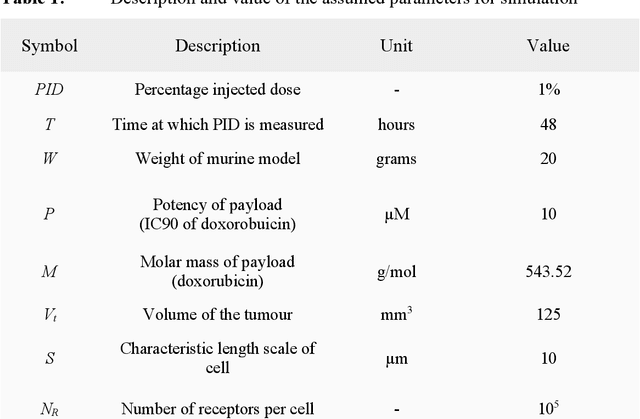
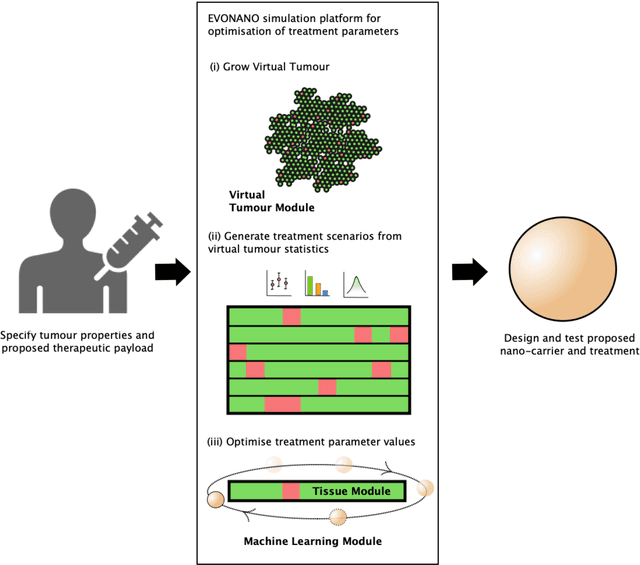
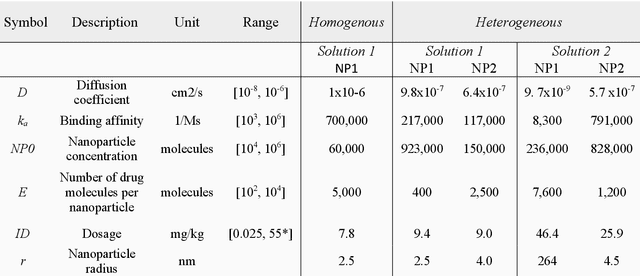
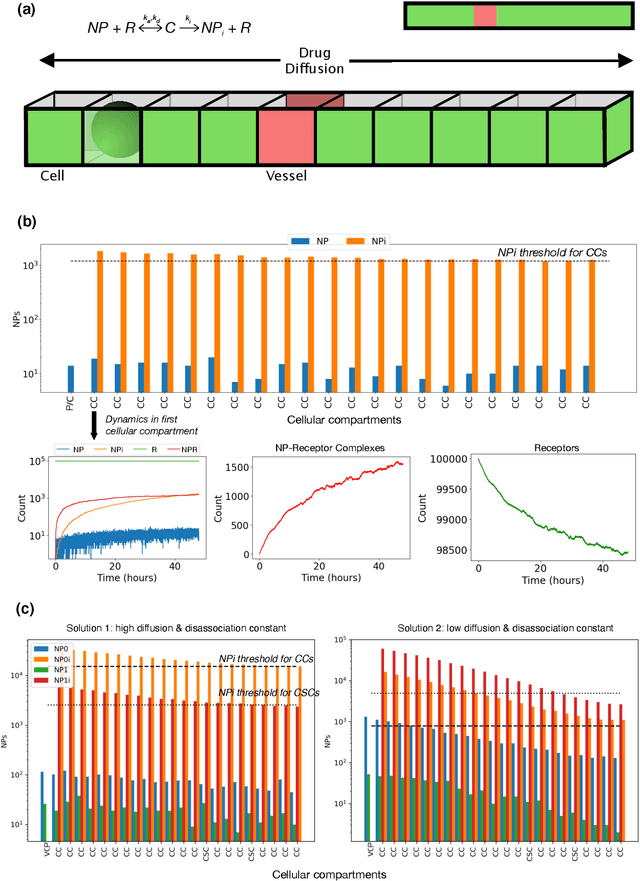
Abstract:We present the EVONANO platform for the evolution of nanomedicines with application to anti-cancer treatments. EVONANO includes a simulator to grow tumours, extract representative scenarios, and then simulate nanoparticle transport through these scenarios to predict nanoparticle distribution. The nanoparticle designs are optimised using machine learning to efficiently find the most effective anti-cancer treatments. We demonstrate our platform with two examples optimising the properties of nanoparticles and treatment to selectively kill cancer cells over a range of tumour environments.
On the Verification and Validation of AI Navigation Algorithms
Jan 15, 2021
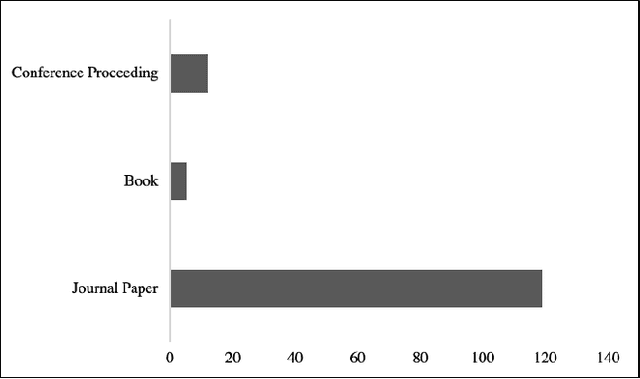
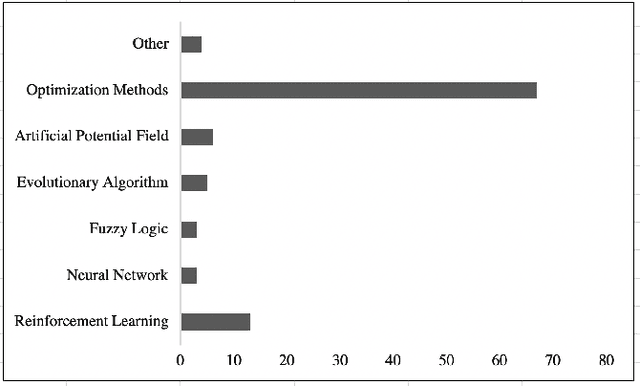

Abstract:This paper explores the state of the art on to methods to verify and validate navigation algorithms for autonomous surface ships. We perform a systematic mapping study to find research works published in the last 10 years proposing new algorithms for autonomous navigation and collision avoidance and we have extracted what verification and validation approaches have been applied on these algorithms. We observe that most research works use simulations to validate their algorithms. However, these simulations often involve just a few scenarios designed manually. This raises the question if the algorithms have been validated properly. To remedy this, we propose the use of a systematic scenario-based testing approach to validate navigation algorithms extensively.
Improving Students Performance in Small-Scale Online Courses -- A Machine Learning-Based Intervention
Nov 23, 2020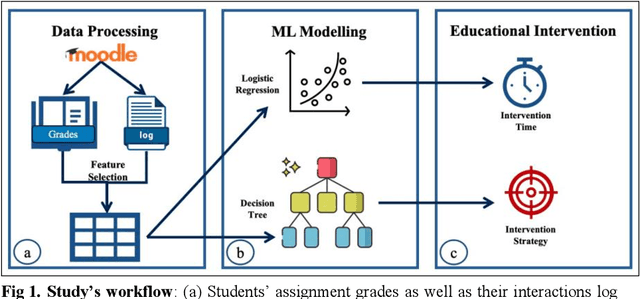
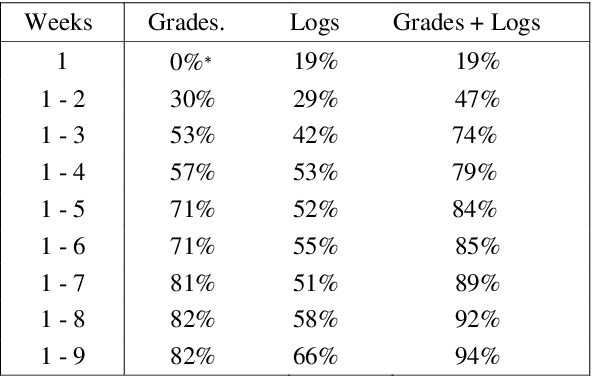
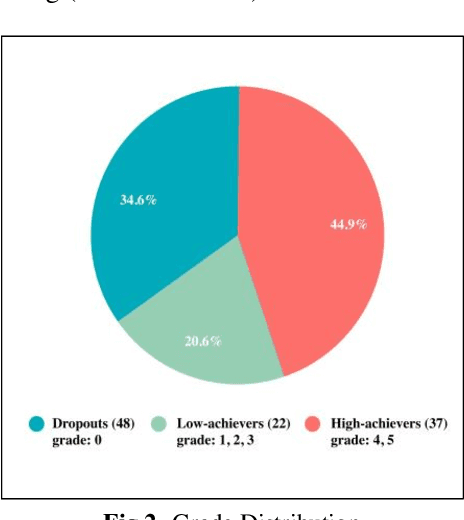
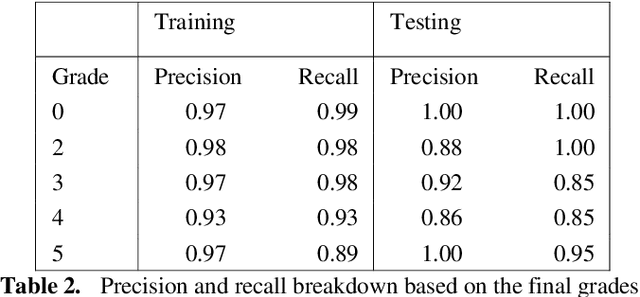
Abstract:The birth of massive open online courses (MOOCs) has had an undeniable effect on how teaching is being delivered. It seems that traditional in class teaching is becoming less popular with the young generation, the generation that wants to choose when, where and at what pace they are learning. As such, many universities are moving towards taking their courses, at least partially, online. However, online courses, although very appealing to the younger generation of learners, come at a cost. For example, the dropout rate of such courses is higher than that of more traditional ones, and the reduced in person interaction with the teachers results in less timely guidance and intervention from the educators. Machine learning (ML) based approaches have shown phenomenal successes in other domains. The existing stigma that applying ML based techniques requires a large amount of data seems to be a bottleneck when dealing with small scale courses with limited amounts of produced data. In this study, we show not only that the data collected from an online learning management system could be well utilized in order to predict students overall performance but also that it could be used to propose timely intervention strategies to boost the students performance level. The results of this study indicate that effective intervention strategies could be suggested as early as the middle of the course to change the course of students progress for the better. We also present an assistive pedagogical tool based on the outcome of this study, to assist in identifying challenging students and in suggesting early intervention strategies.
 Add to Chrome
Add to Chrome Add to Firefox
Add to Firefox Add to Edge
Add to Edge